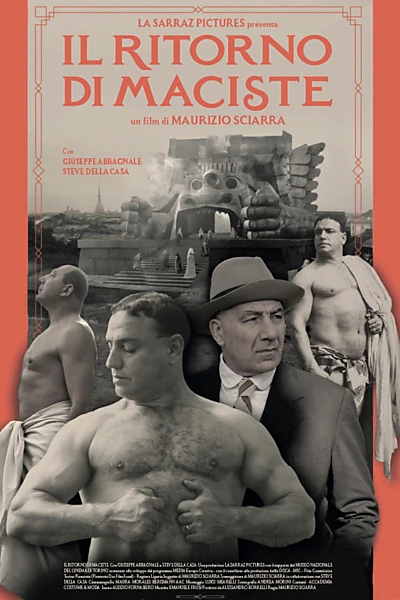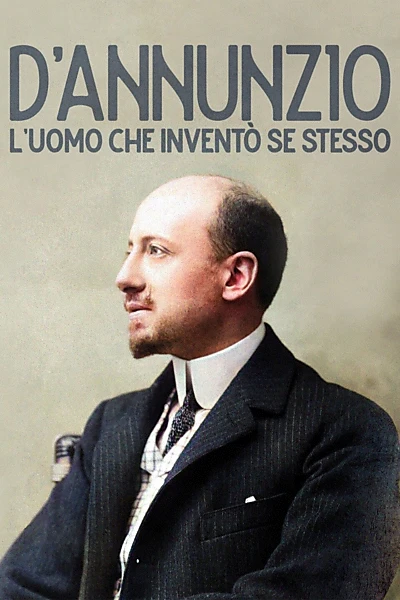Biography
(No Information)
Filmography
all 6
Movies 6
self 2
Writer 2
Self - Historian
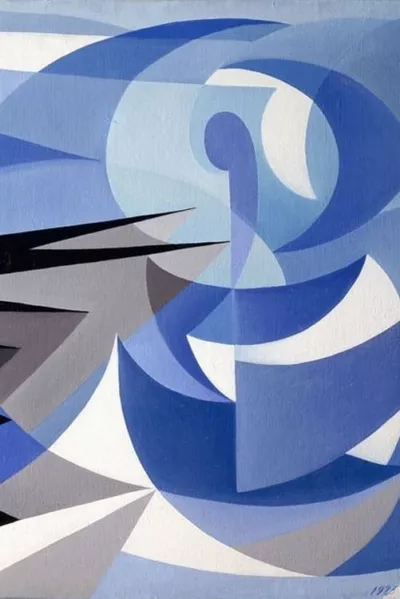
Balla, il signore della luce (2021)
Movie
Pier delle Vigne
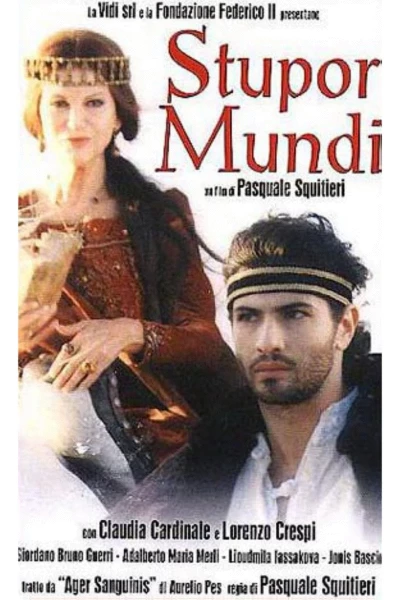
Stupor Mundi (1997)
Movie
Information
Known ForWriting
GenderMale
Birthday1950-12-21 (74 years old)
Birth PlaceMonticiano, Italy
Religionatheism
CitizenshipsItaly
This article uses material from Wikipedia.
Last updated:
Image credit: Archivi vittoriale, CC BY-SA 4.0, via Wikimedia Commons
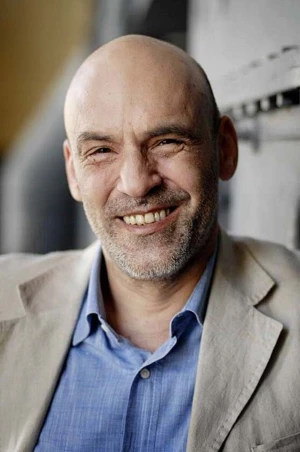 Giordano Bruno Guerri
Giordano Bruno Guerri- Filmography
- Information
